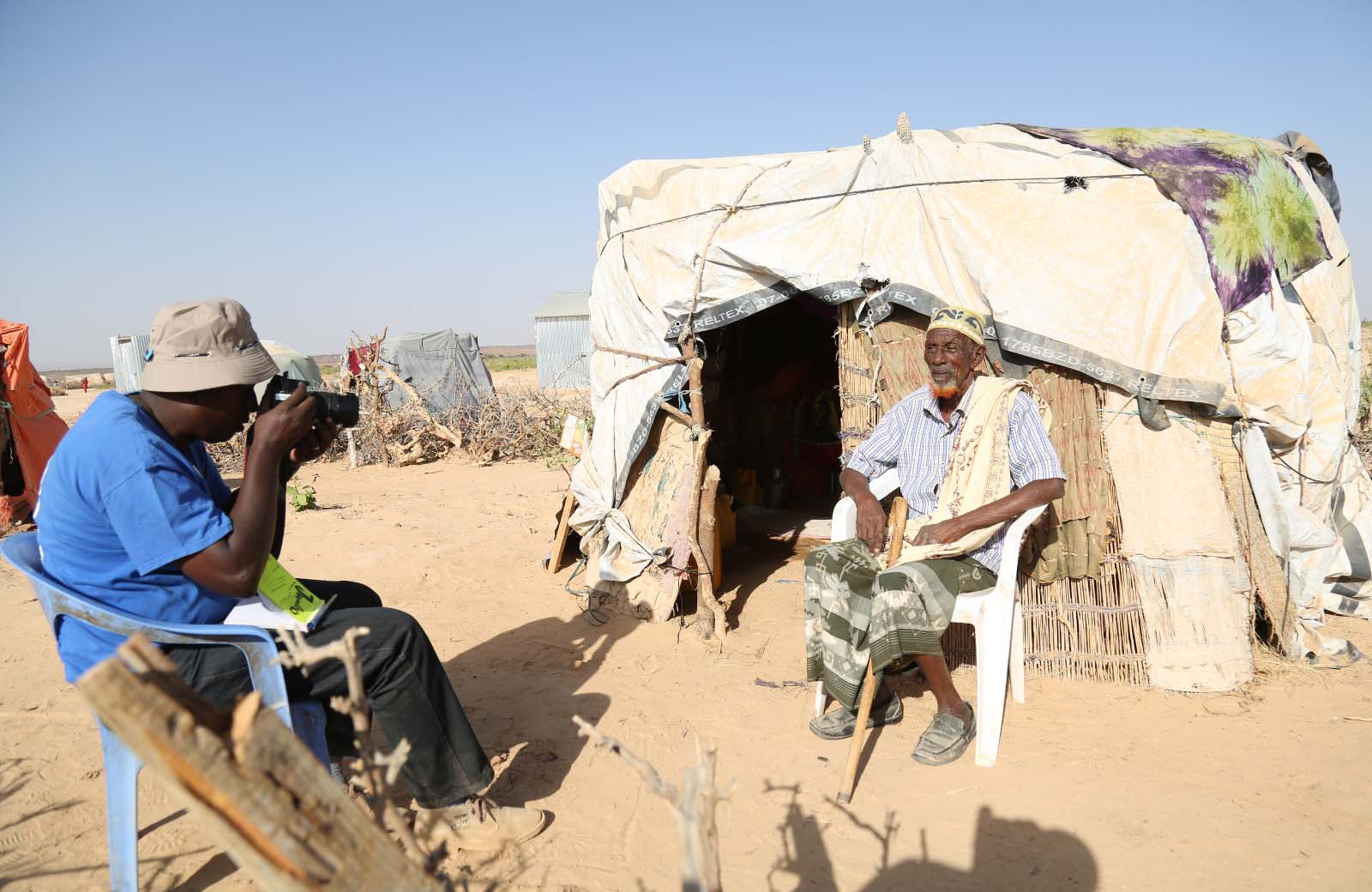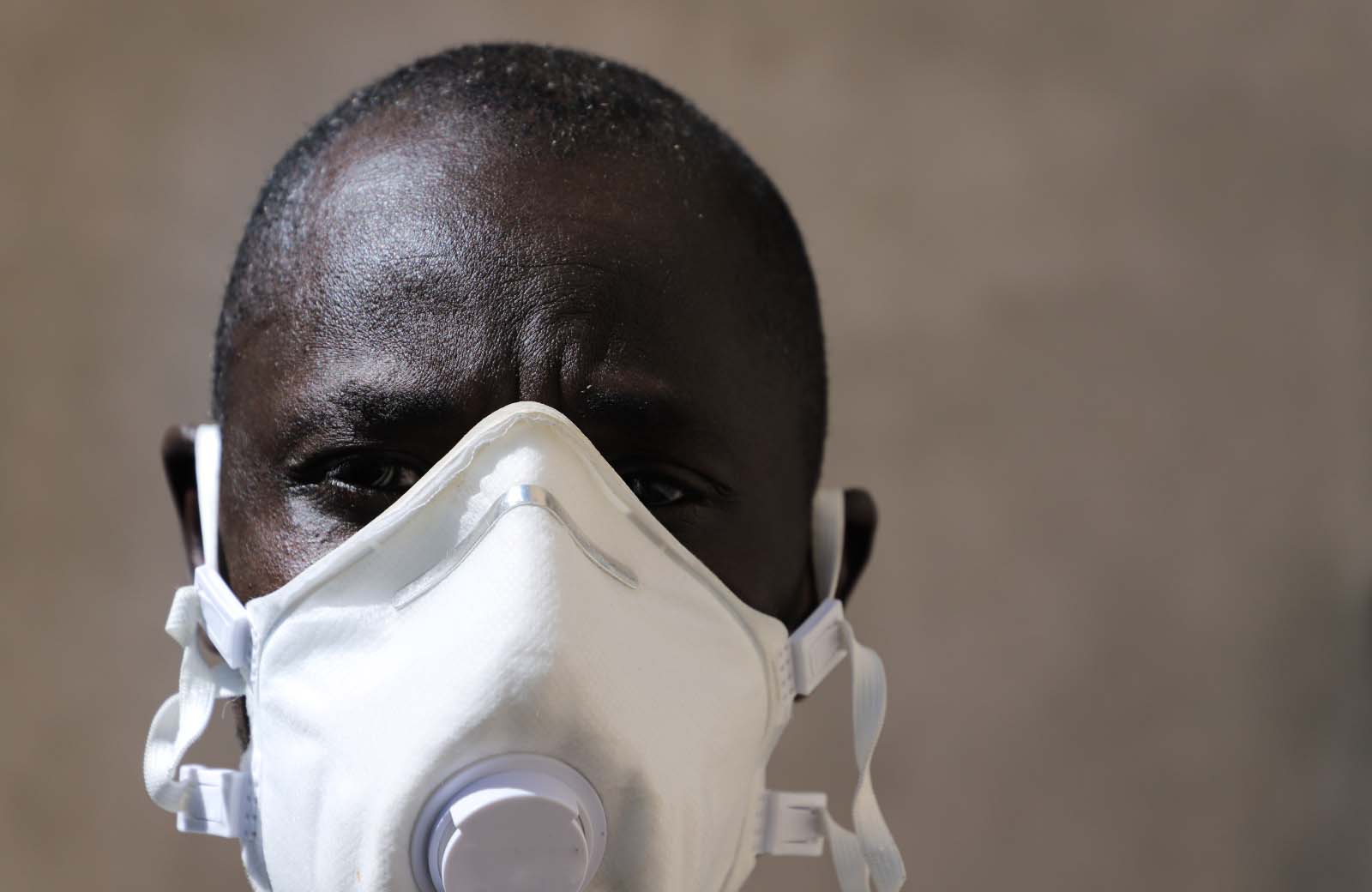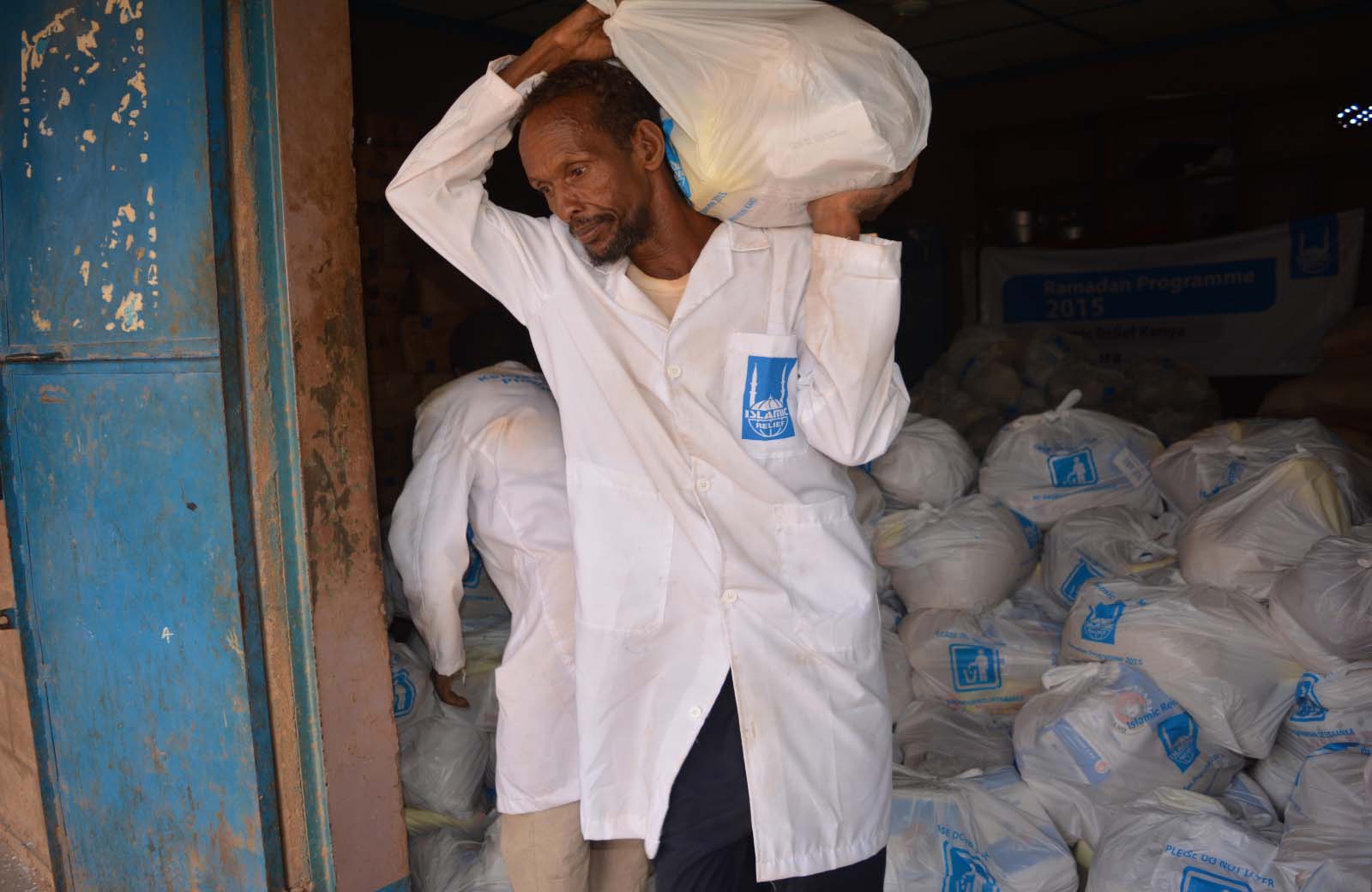Writing from partial lockdown in Kenya, Islamic Relief’s Charles Njanga reports on the ways in which Islamic Relief is adjusting to the coronavirus to help communities under threat.
2020 started out very well. It promised to be a good year.
It was the beginning of another decade. Things looked bright and full of promise.
In February, I was part of a very successful documentation mission to west Africa and I was looking forward to a very fulfilling year.
Then COVID-19 struck and everything changed. Life has not been the same since.
I’ve been working from home since the third week of March 2020.
In Kenya, movement has been restricted. The government has asked people to work from home where possible.
Four counties, including Nairobi, have been declared hotspots and are on a 21-day semi-lockdown. No movement is allowed in or out of these regions.
For me, working from home has meant adjustments like finding a quiet corner of my house to work from. I’ve also had to establish a routine by maintaining normal working hours.
Sometimes though there are distractions like the smell of delicious food wafting from the kitchen!
For others in Kenya, and across East Africa, the challenges of lockdown are far greater.


